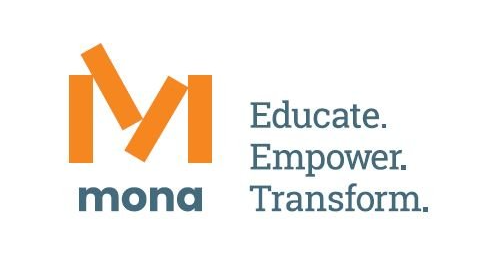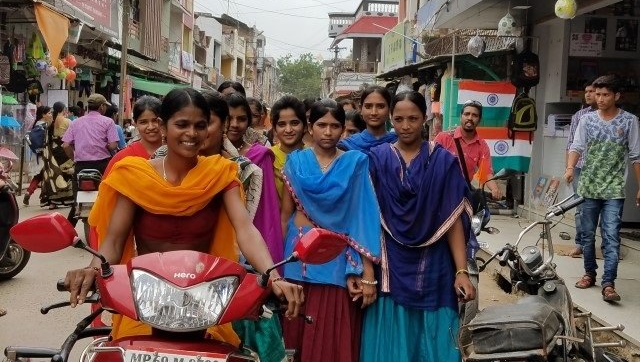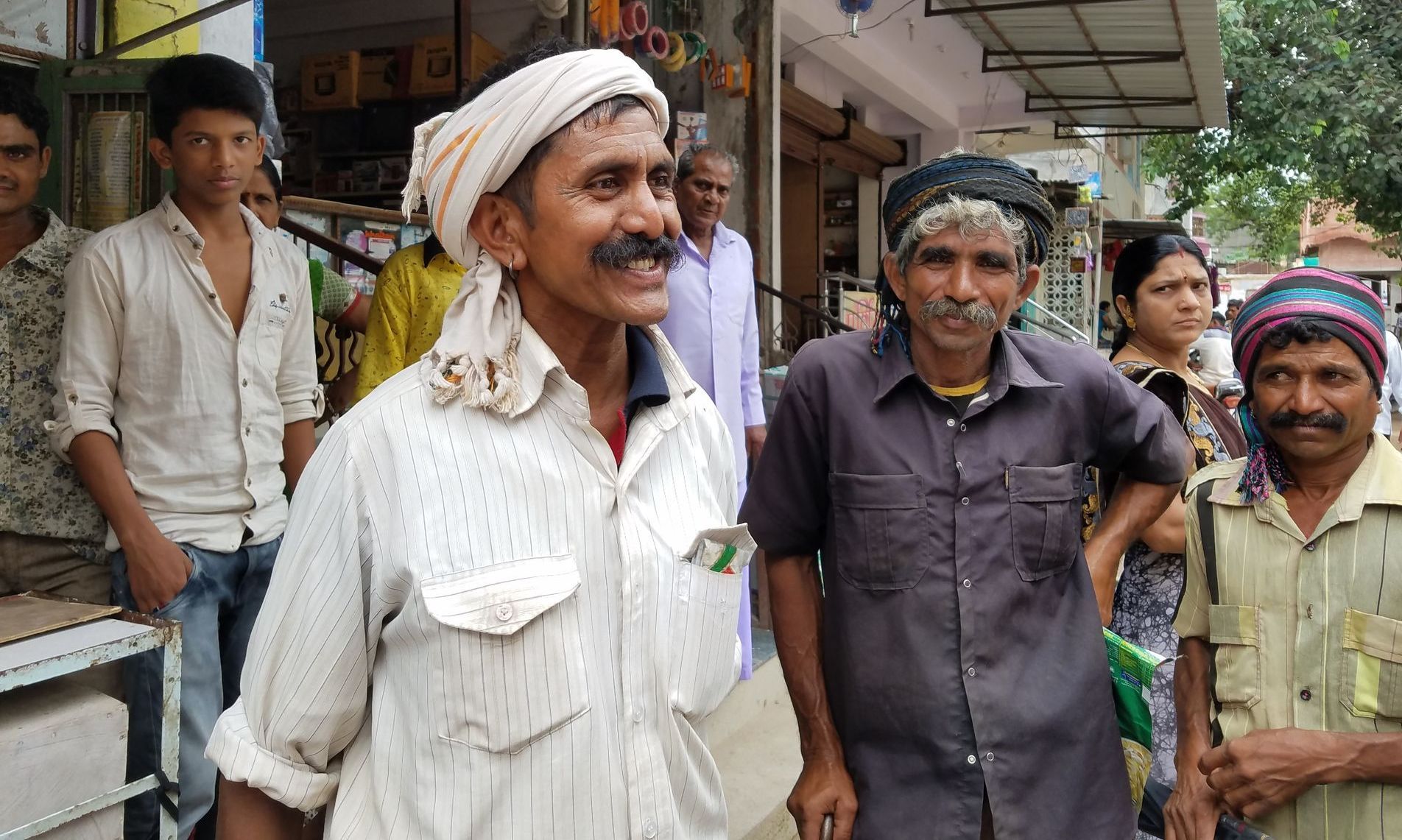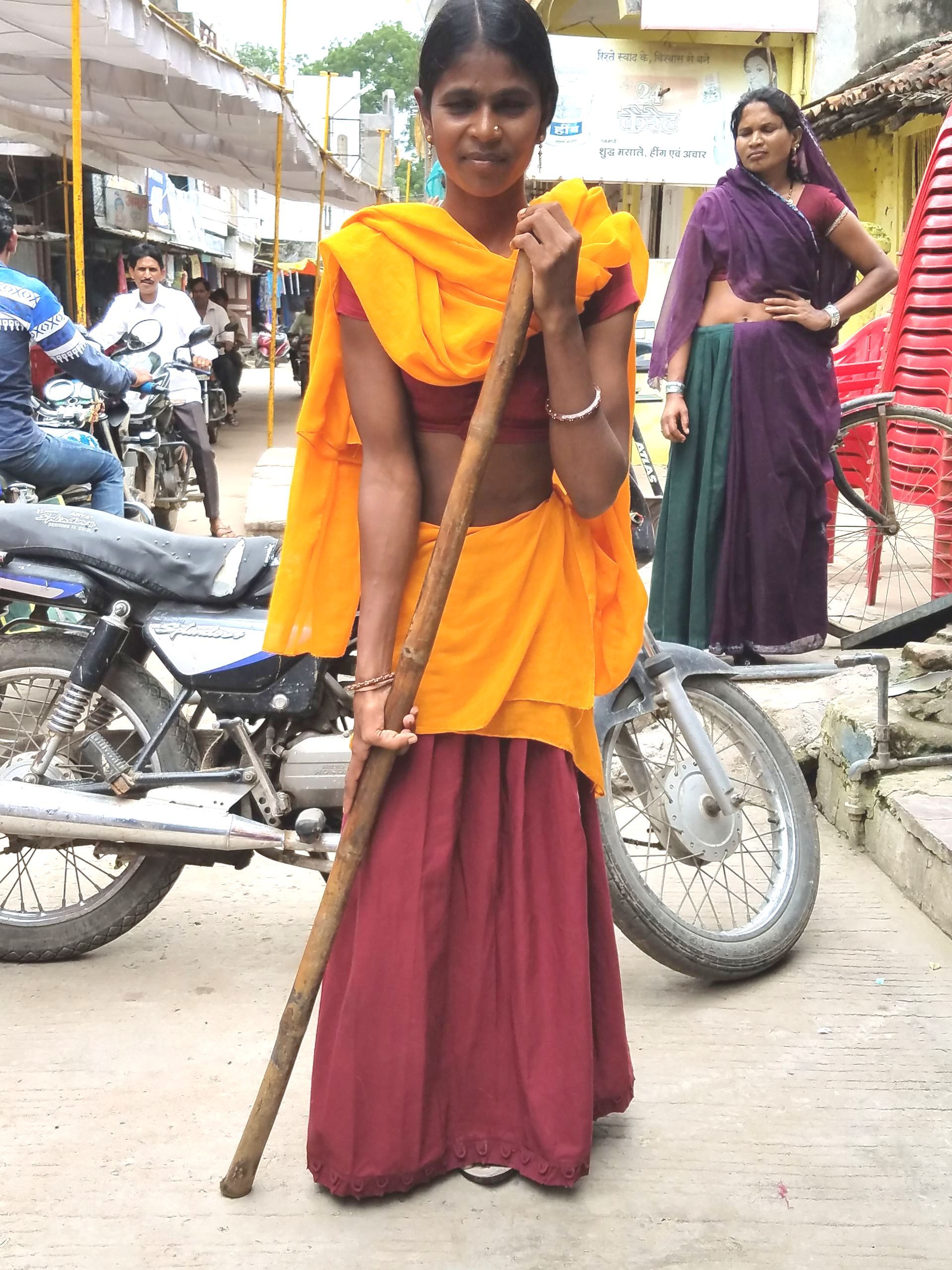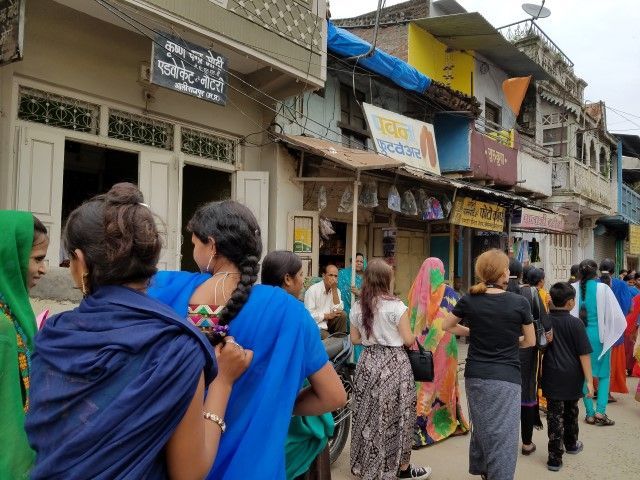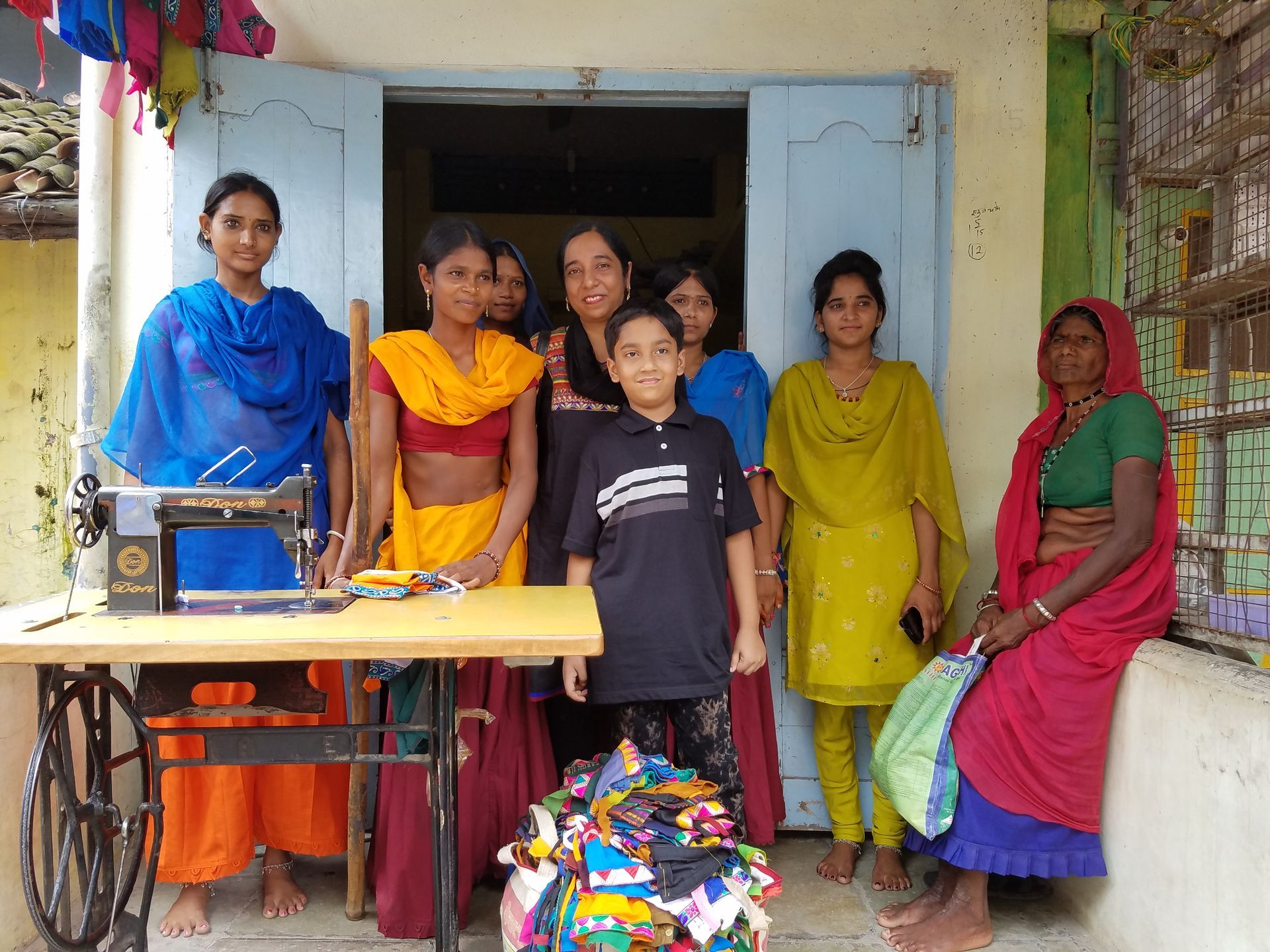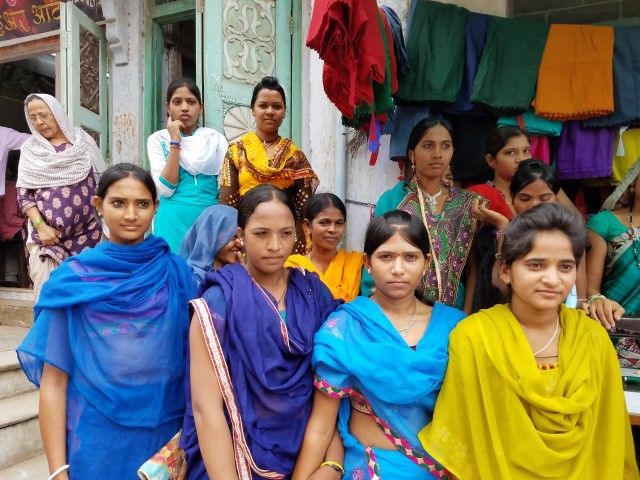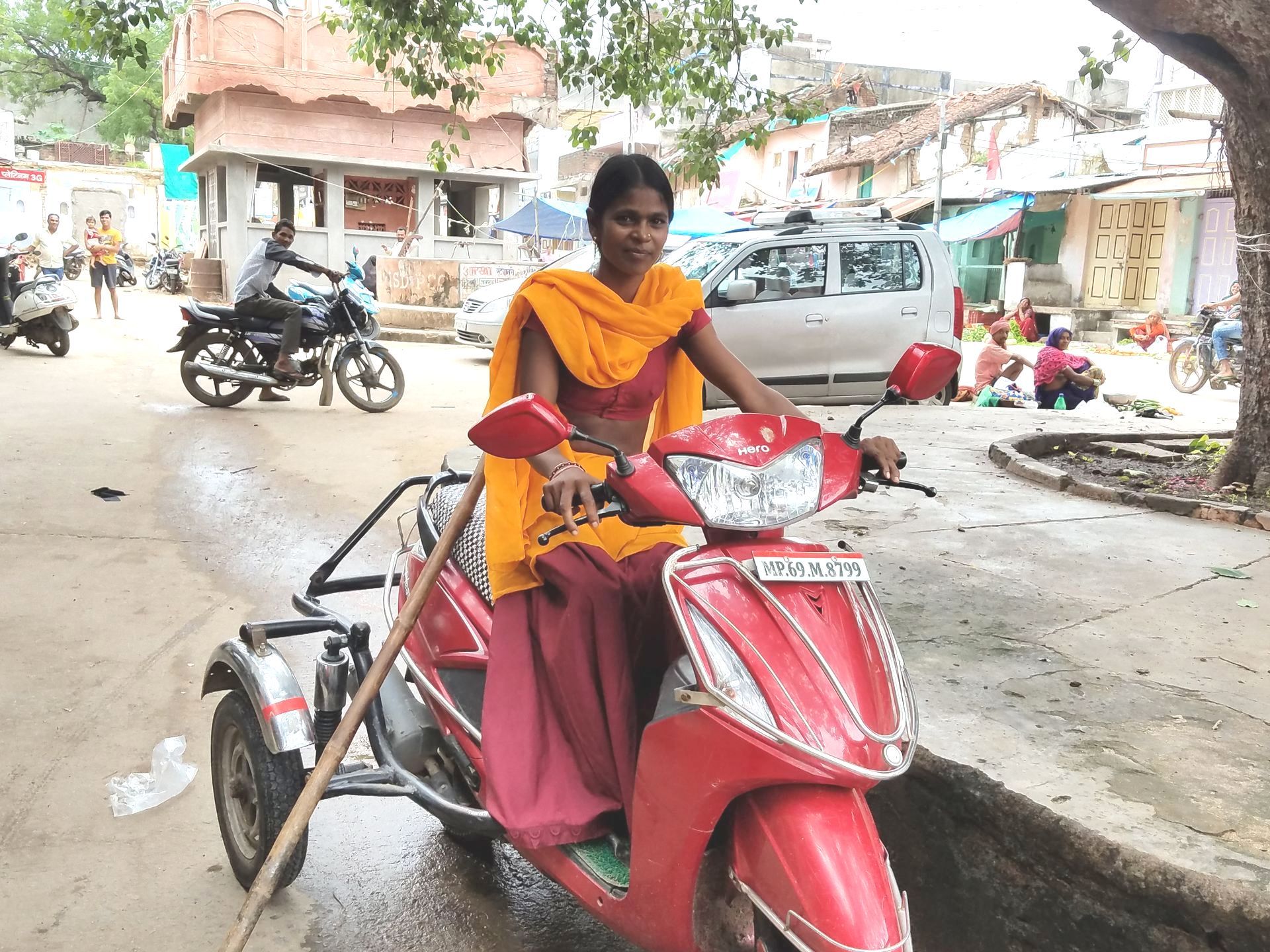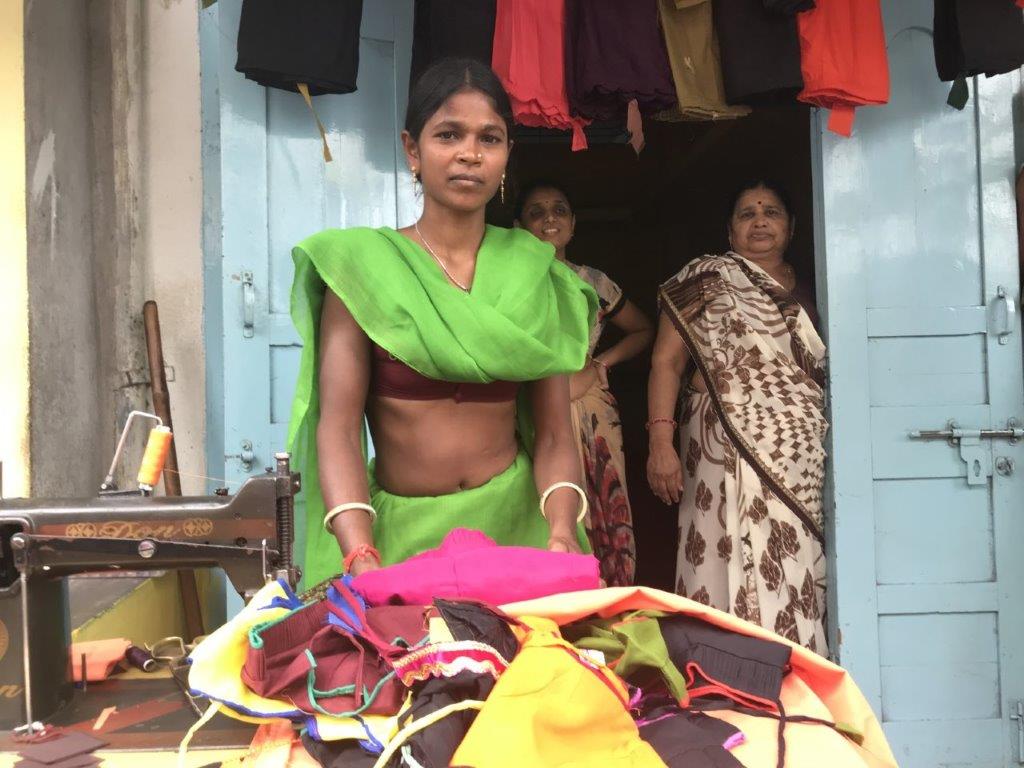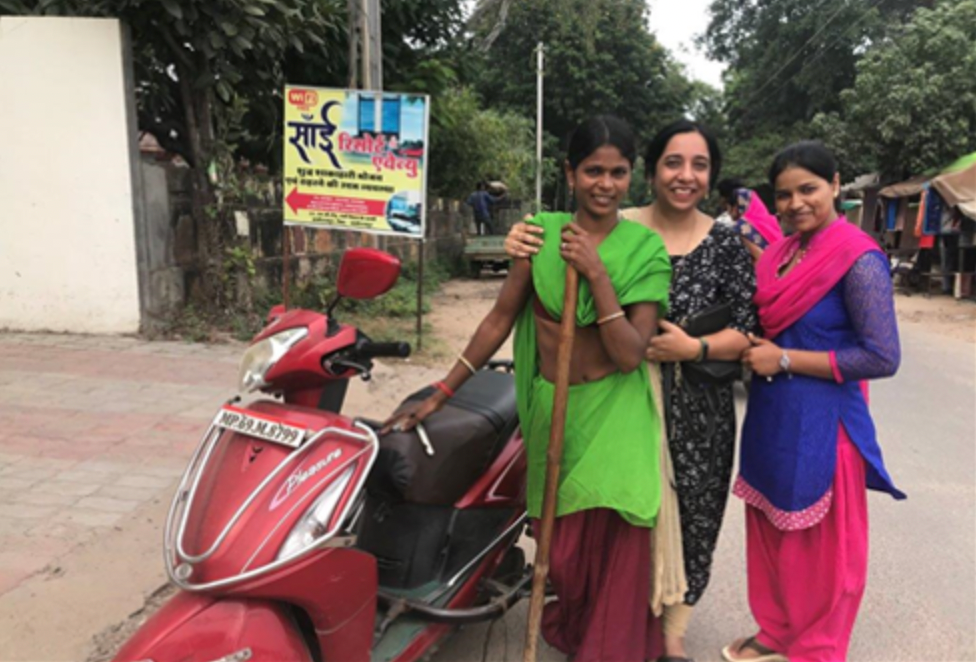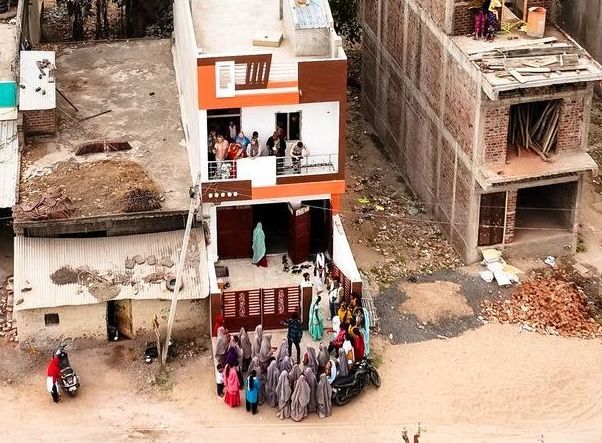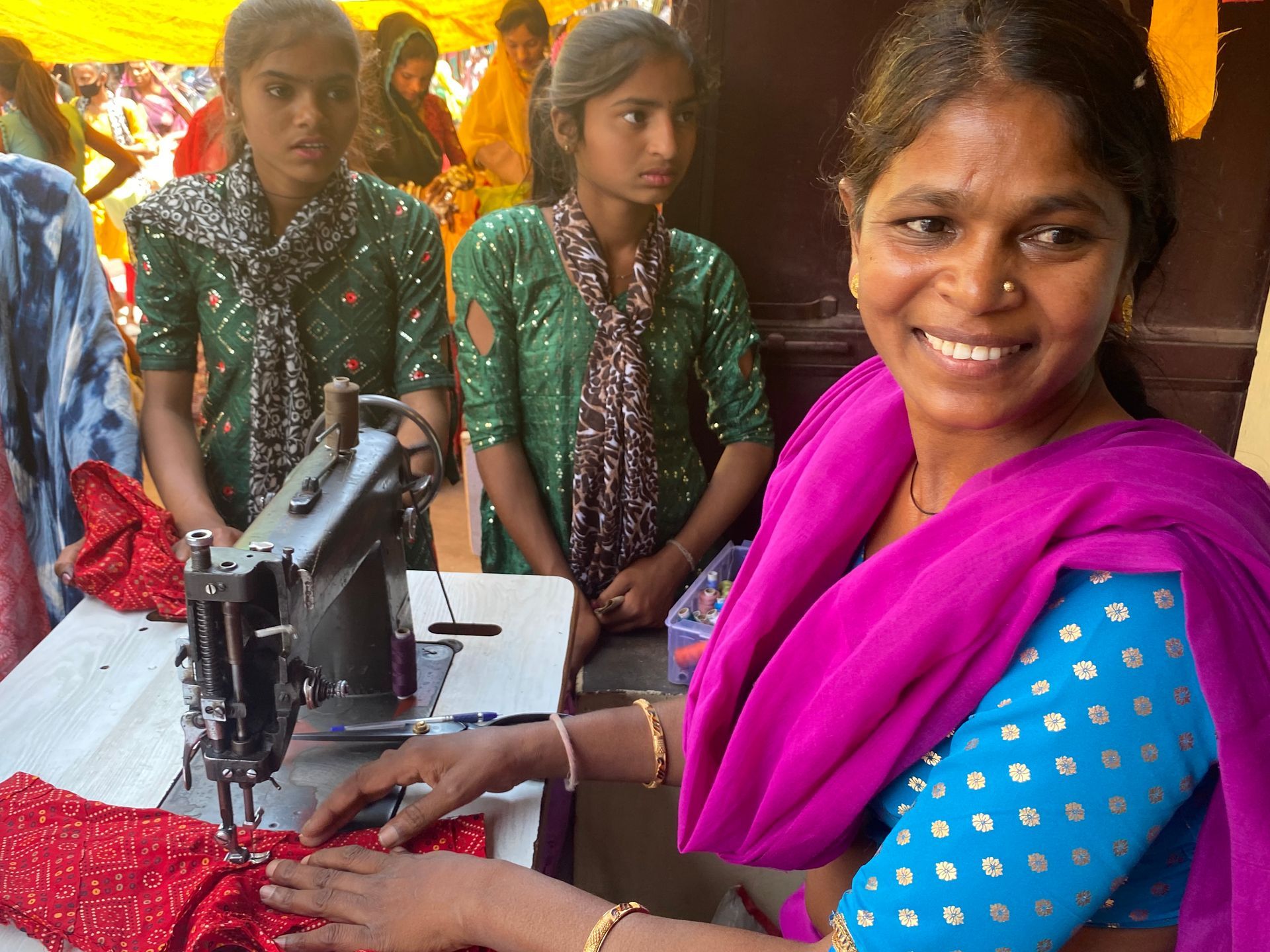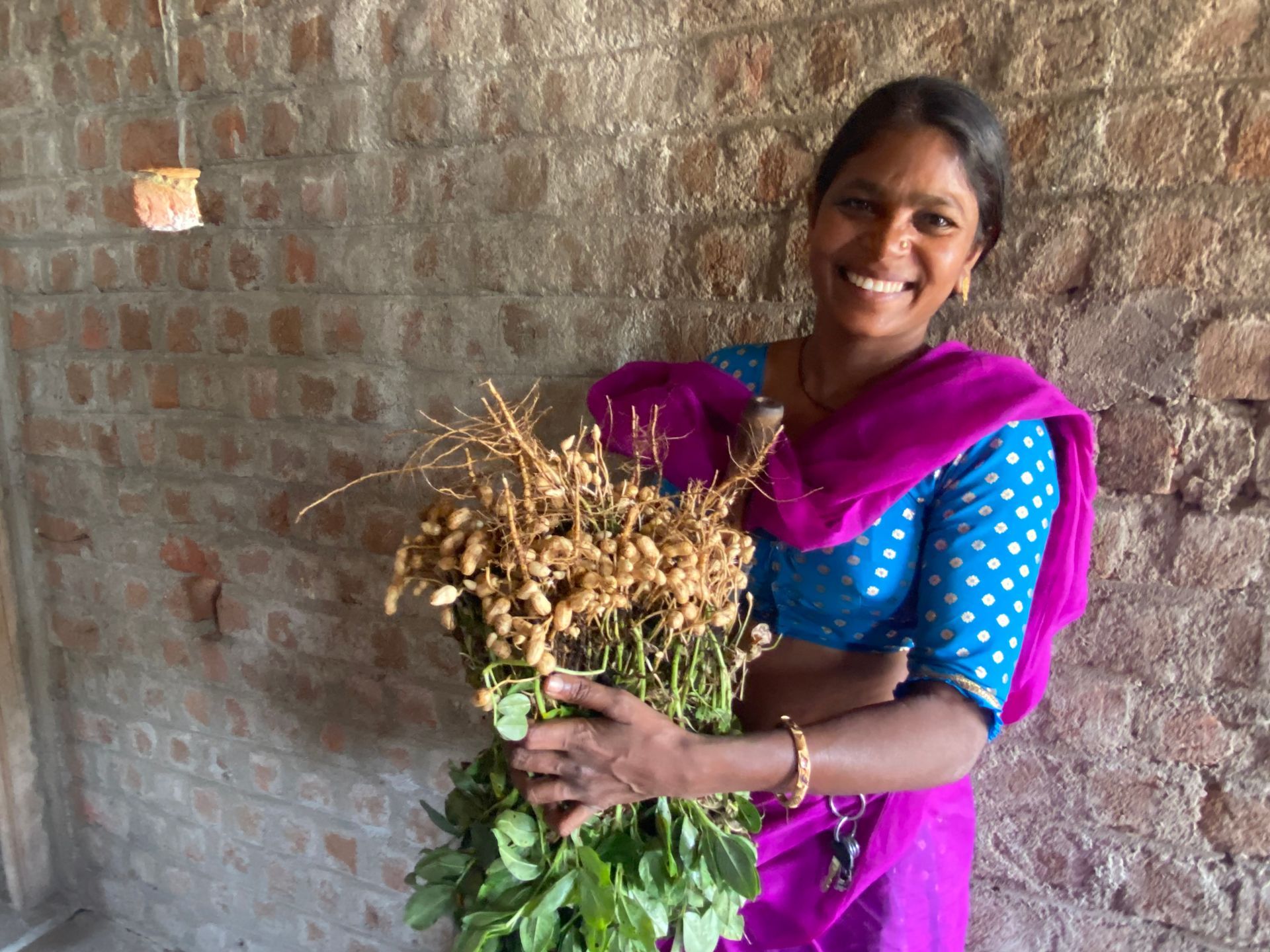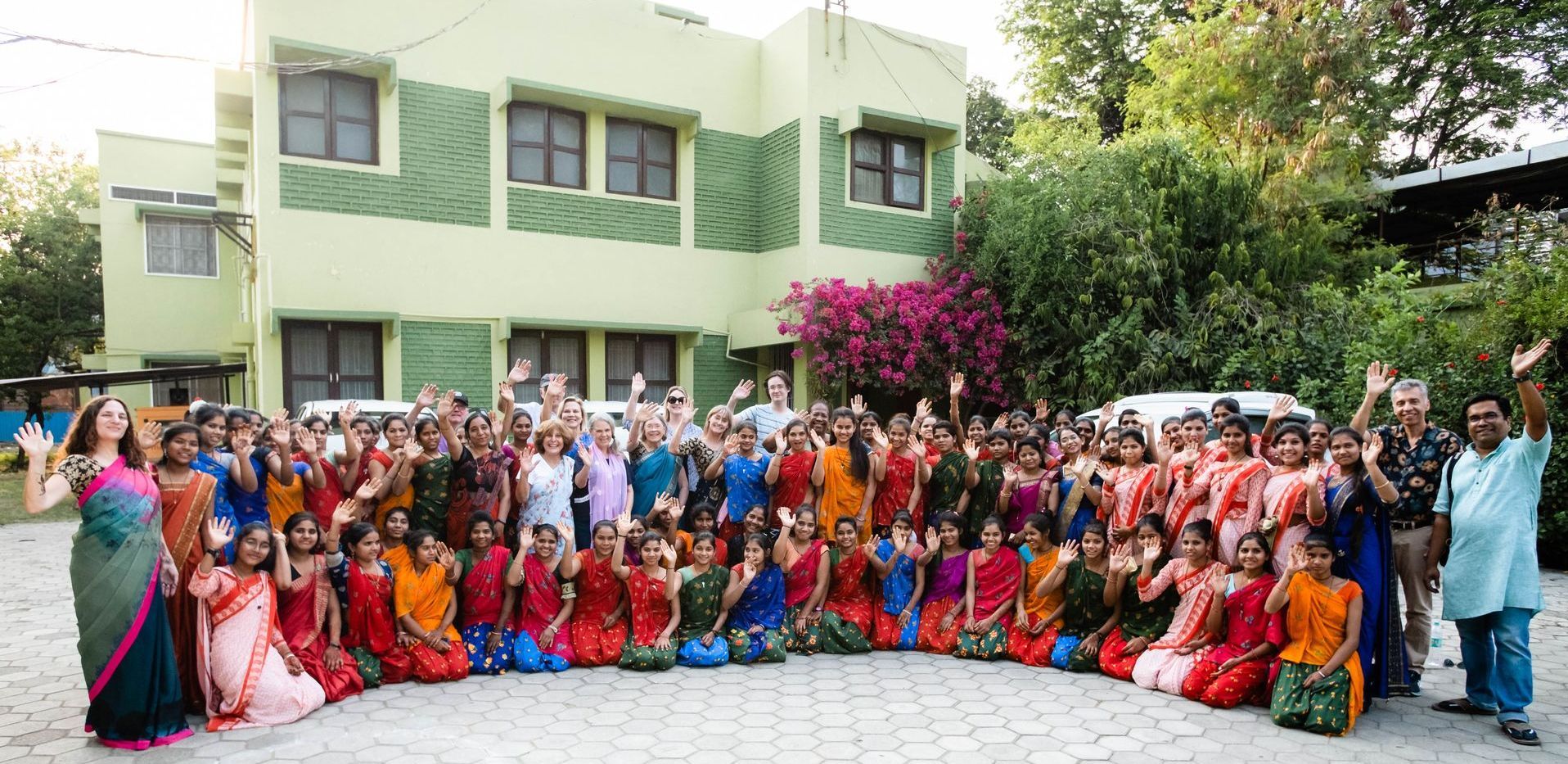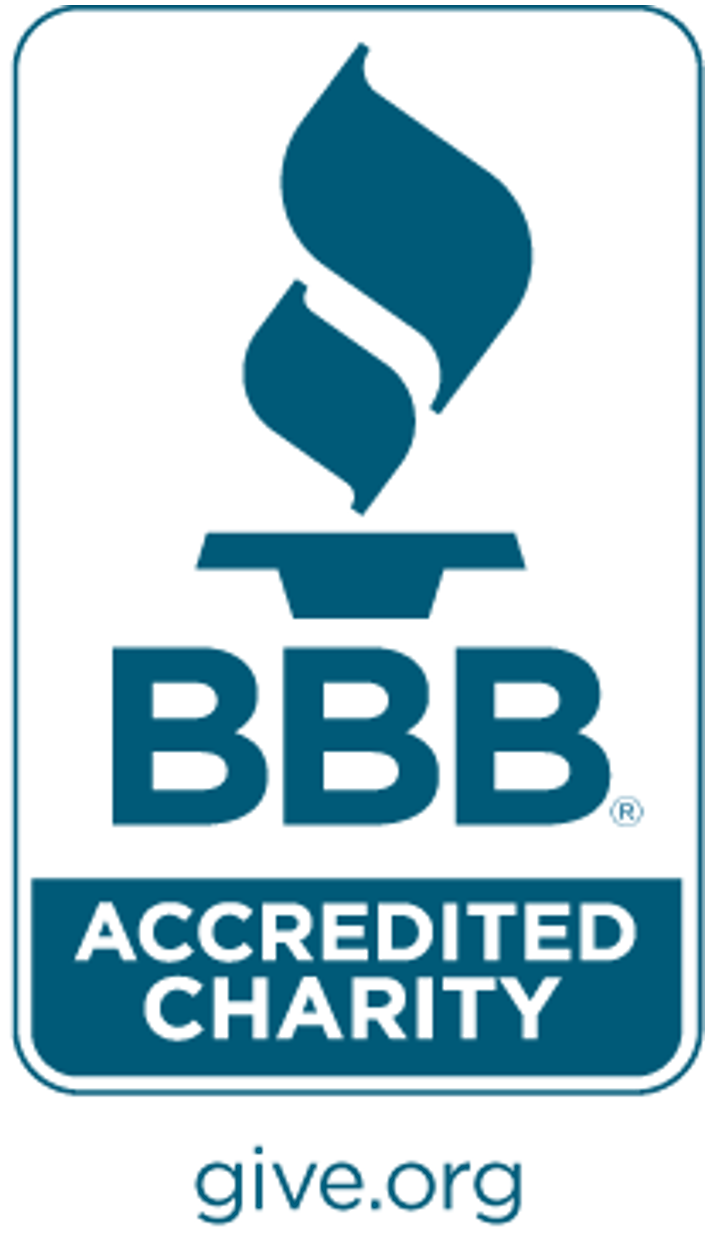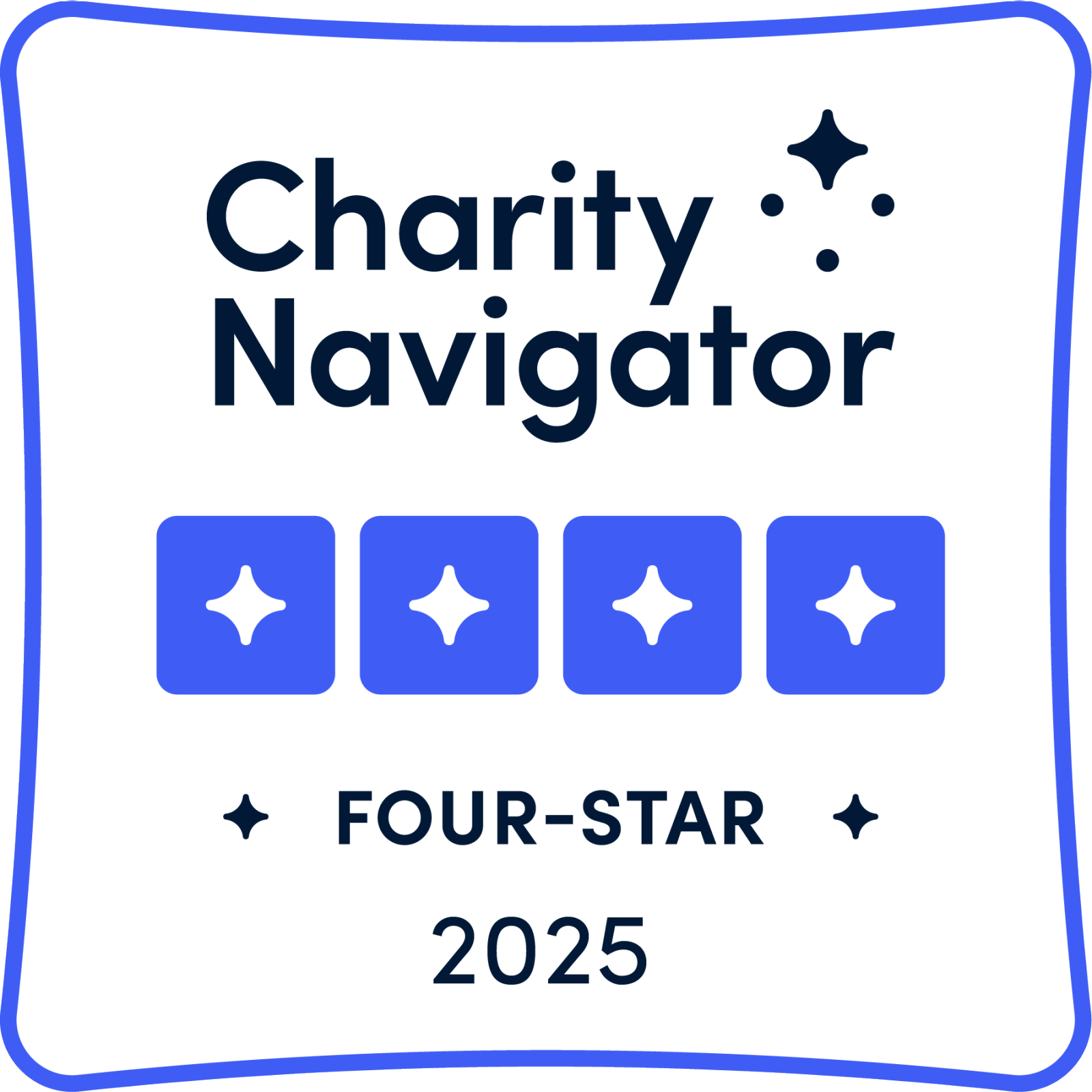Kali was born in a tribal household in the remote village of Alirajpur in Madhya Pradesh, India. She contracted polio as a child which left her disabled and needing a staff to walk.
Born a girl, poor, and disabled, she had three strikes against her before she was twelve.
In general, India's daughters are unwanted, unsafe, unequal, and unfree. They make up one third of the world's child brides and half of married women report domestic violence. Every year, one million girls are killed in the womb through selective termination. In rural areas, such as Alirajpur, girls traditionally don’t go to school and are considered only suitable for marriage, having children, cleaning house, and caring for their families. In such an environment, there seemed little hope for Kali's future.
In
2013,
Kali's life changed dramatically when, as a young woman, she was given a $350 Mona scholarship to enroll in the six-month residential training program at the
Barli Institute
in Indore, about a 4-hour drive from her village. At first, she was so shy that she could not even say her own name.
But within Barli's nurturing walls, Kali found her voice, learned to read and write, and gained the knowledge, skills, and confidence to thrive. She learned about organic farming and solar cooking, and about personal and community development, including the importance of gender equality. She also learned how to make patterns and sew clothing, and how to run her own business.
She became certified as a tailor.
Upon graduating, Kali returned to her village and opened her own sewing shop.
She earned enough money to not only support herself but to also pay for the education of 8 children in her extended family. She also formed a
micro-financing group with 12 other women to help them start their own businesses too.
In
2016, a team from Mona Foundation, including Founder and CEO Mahnaz Javid, travelled to Alirajpur to visit Kali and other Barli graduates.
